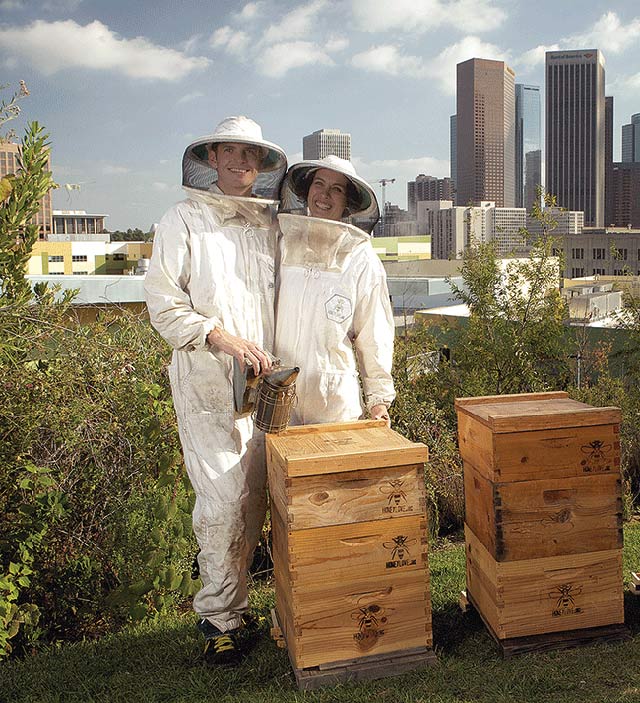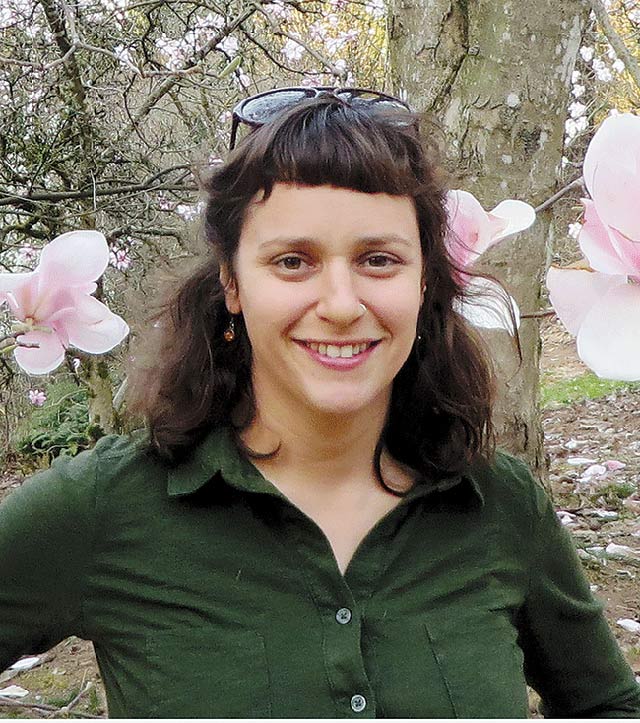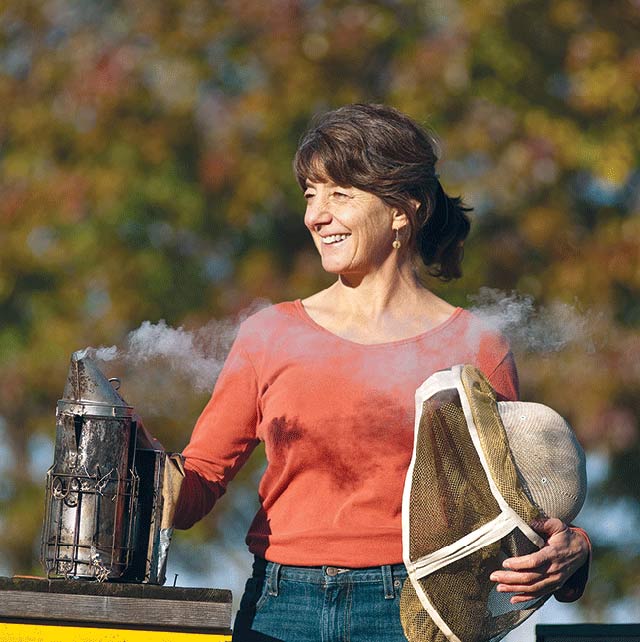Truthout is a vital news source and a living history of political struggle. If you think our work is valuable, support us with a donation of any size.
In 1974, a bored teenager picked up a book about bees in the library. Immediately fascinated by bees and the people who loved and cared for them, she went to work for a commercial beekeeper in New Mexico. “I never looked back,” Dr. Marla Spivak says.
Spivak, who now holds a doctorate in entomology from the University of Kansas, has recently turned her efforts to raising awareness of the declining bee population over the last decade, a situation with serious consequences. “Bees are the most important pollinators of flowering plants, which includes most fruits, vegetables, and nuts in our diet,” she says. “Our nutrition, health, and food supply depend on bees.”
In her lab at the University of Minnesota, Spivak breeds bees for hygienic behavior. “Hygienic bees are able to detect diseased and parasitized brood—immature bees—and weed them out of the nest,” she says. The Bee Squad, an extension and outreach program that runs from the lab, provides beekeeping services to businesses and helps educate and mentor urban beekeepers. But for those of us who aren’t scientists or beekeepers, Spivak offers a much simpler way to help bees: “Plant flowers.”
Rob & Chelsea McFarland: Welcoming Bees to the City
 The McFarlands. (Photo: Rebecca Cabage)
The McFarlands. (Photo: Rebecca Cabage)
Rob and Chelsea McFarland didn’t choose the bees; the bees chose them. “One day, we were out in the garden and a swarm showed up,” they say. Years later, the founders of the Los Angeles nonprofit HoneyLove are dedicated to training urban beekeepers and raising awareness of bees in cities.
As they learned more about—and fell in love with—honeybees, the McFarlands realized promoting bee habitat in cities was an important part of health and food sustainability. “We need to grow more of our food closer to home. That means growing food in the urban environment,” Rob says. “That means honeybees.”
Cities can even provide a safe haven for bees, Chelsea adds. “There are fewer pesticides in the city than in the traditional farmland setting,” she says. “Our bees are actually healthier in the city.”
HoneyLove’s mission is to spread that message through outreach and media presence. If there’s something he hopes they accomplish, Rob says, it’s “that the narrative has been changed from fear of bees to one of really embracing bees and welcoming bees into our community.”
Lori Ann Burd: Taking the Fight to Washington, D.C.

In the battle for conservation, it’s nice to have someone like Lori Ann Burd on your side. Burd is the environmental health director at the Center for Biological Diversity, a veteran activist turned seasoned lawyer.
After advocating against Keystone XL and mountaintop-removal coal mining, Burd is now fighting the chemical industry’s use of pesticides, notably neonicotinoids. “They’re a new class of insecticide in which the entire plant is insecticidal,” Burd explains. “The plant is fine, but all parts of it are poisonous to bugs.” In March, Burd helped draft a letter urging President Obama to take action against the widespread use of these poisons and filed a lawsuit against the Environmental Protection Agency for failing to fulfill its obligations under the Endangered Species Act.
“It’s hard to overestimate the importance of pollinators,” Burd says. “One out of three bites of food that we take requires pollination. What I’m trying to do is help people understand that the fate of humans is intertwined with the fate of all species.” And when asked what keeps her going in the face of constant challenge, she replies, “Winning.”
Sarah Hatton: Activist’s Message Beautifully Written in Dead Bees
 Detail from “Cluster (Flower of Life).” Honeybees (Apis mellifera), resin on petri dishes, 2015. 46 x 36 inches. sarahhattonartist.com.
Detail from “Cluster (Flower of Life).” Honeybees (Apis mellifera), resin on petri dishes, 2015. 46 x 36 inches. sarahhattonartist.com.
Sometimes you can’t understand the battle until you see the bodies. Quebec-based artist and beekeeper Sarah Hatton’s mathematical arrangements of dead honeybees are an entrancing and sobering reminder that human activity, like the use of neonicotinoid pesticides, is responsible for the death of bees on a mass scale. After losing two of her own beehives, Hatton coped by transforming her dead bees into art. As the project gained attention, she saw the opportunity to raise awareness and help people understand the implications of bee colony collapse. Now other beekeepers donate their own casualties to her work.
A terrifying moment. We appeal for your support.
In the last weeks, we have witnessed an authoritarian assault on communities in Minnesota and across the nation.
The need for truthful, grassroots reporting is urgent at this cataclysmic historical moment. Yet, Trump-aligned billionaires and other allies have taken over many legacy media outlets — the culmination of a decades-long campaign to place control of the narrative into the hands of the political right.
We refuse to let Trump’s blatant propaganda machine go unchecked. Untethered to corporate ownership or advertisers, Truthout remains fearless in our reporting and our determination to use journalism as a tool for justice.
But we need your help just to fund our basic expenses. Over 80 percent of Truthout’s funding comes from small individual donations from our community of readers, and over a third of our total budget is supported by recurring monthly donors.
Truthout has launched a fundraiser to add 340 new monthly donors in the next 5 days. Whether you can make a small monthly donation or a larger one-time gift, Truthout only works with your support.
